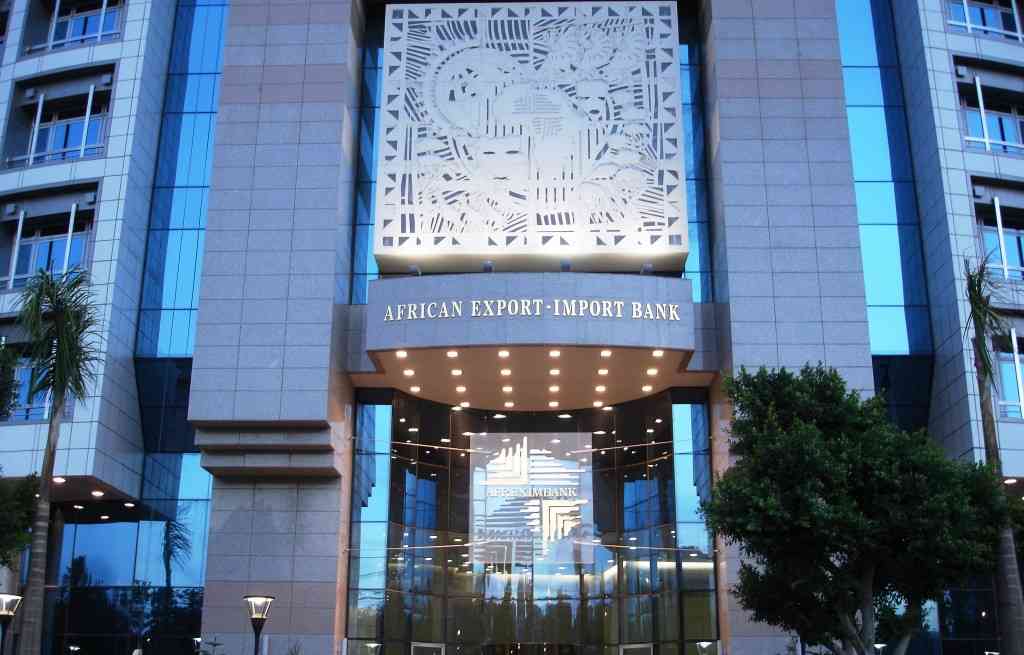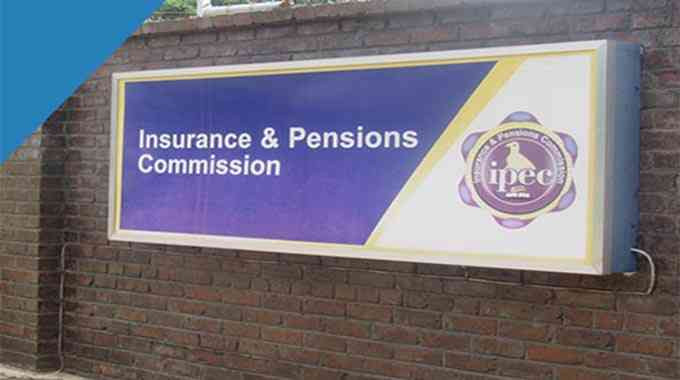
IN a shrinking world order characterised by a cumulative toll of daily hustles and razor thin margins, the world of business is continuously changing.
Businesses will continue to evolve beyond the basics that we have always known. The unthinkable has become the obvious. A series of high-profile contract related disputes as a result of the changing trading landscape has resulted in procurement scrutiny running high.
It is now the right time for supply chain professionals to create heightened efficiencies in the way contract management is handled, given the complexities of the modern world.
A contract management system is not only a distinct competitive advantage, its table stakes. And the stakes have never been so higher in this highly volatile business environment.
In layman’s parlance, a contract management system can be defined as an electronic version of the traditional filing cabinet system that has been used since the dawn of business.
Fast forward to this day, the world is a different place altogether. The need for a contract management system is now at a tipping point than ever before.
Those who have been in the supply chain profession for a while will tell you that the most critical part of contract management is not what you know about contracts, it is that which you do not know that must bother you most. That which you don’t know could easily be a slippery slope for your company.
As supply chain practitioners try to navigate the rough-and-tumble business environment, they are inevitably responsible for a lot of moving parts. The task of tracking terms and conditions enshrined in contracts become an uphill climb.
- Matabeleland civic groups fume over voter education hurdles
- Matabeleland civic groups fume over voter education hurdles
- Vendors reflect on tough year
- Matabeleland civic groups fume over voter education hurdles
Keep Reading
Suppliers may find it difficult to understand contract obligations and delivery expectations especially those expectations sitting behind what is required but remain unstated or assumed.
It is, therefore, a big mistake for supply chain professionals to see their work as done and dusted once the contract is signed. In some instances, contracts will gather dust in wooden filing cabinets when the business relationship that they underpin continue to exist.
All too often, the general practice in supply chain management is that once signed, a contract could easily find itself consigned to a dusty shelf somewhere in a back-office strong room, utterly forgotten, only to be taken into account and referred to as contractual disputes with the supplier begin to emerge.
There is often a tendency to blow the dust off them only when things start to go wrong. It is one of the most potentially damaging habitual lapses that organisations must do away with.
Contracts are valuable. Their benefits are manifold.
They can be relied upon as a first line of defence. We are fully aware that supply chain networks can involve the inputs of various companies from all four corners of the world.
Obviously, as the supply chain extends to the wider world, processes will inevitably become more cumbersome, and so too the contracts that regulate the business relationships.
Are there any benefits of a robust contract management system? Yes, and plenty. An effective contract management system is modelled along generic contract templates often seen as bringing the ease understanding of contract terms and conditions.
Contract templates “will assist in the configuration of parallel and serial procurement workflows, which enables the entire procurement process to remain in motion”.
The contract management process is cumbersome, and in some cases, complex. We often witness multiple administrative delays leading up to the eventual signing of a contract.
We often experience inefficient back and forth emailing, what with negotiations focussed on endless redline amendments. Contract templates can change that. They will enable the next person in the supply chain to share notes once an action has been taken or where there is need for amendments. There will be a lessened need for making several back and forth changes before contract signing.
Supply chain professionals are having to rely on the use of contract templates with standardised business language as an effective way of enforcing consistency and minimising risks.
Unscrupulous suppliers have got a “you get what you are given” attitude, often ignoring agreed standard terms and conditions. A combination of unscrupulous suppliers and an absence of a robust contract management system is just an accident waiting to happen.
Together they combine to form a most unholy alliance. Contract management templates will, therefore, assist in formalising such critical issues such as delivery timelines, quality of goods, pricing and payment terms.
Templates will facilitate the use of a more streamlined contract management process giving rise to fewer administrative errors.
Another benefit. An effective contract management system derives its value from outcome-based contracts.
The merit of outcome-based contracts revolves around the agreed philosophy of processing invoices based on completion of pre-agreed outcomes and deliverables, as opposed to just carrying out specified activities.
Supply chain professionals are fully aware of the distinctive advantages of performance-based contracts where specific stated deliverables are guaranteed by the supplier before any payments are done.
The beauty of performance-based contracts emanates from “the incorporation of performance metrics, the use of penalties, the use of monitoring mechanisms, the inclusion of performance related incentives and gain-sharing formulas that are typically encouraged in contract agreements”.
The contract administration process is often regarded as routine or an unglamorous affair.
However, for all intents and purposes, it is the cornerstone of running a sustainable and successful business.
Business leaders across the world must recognise that the performance of a vendor should always be intrinsically linked to the actions or inactions of the buying organisation.
Whenever there is a problem in the execution of contract terms and conditions, the starting point should be to look inside your organisation first and making an assessment to see whether the fault lies within your own organisation before rushing to place the blame on the poor supplier.
In order to derive maximum benefits from contract management, there is need for mutual respect between parties to a contract. In mutually beneficial contract relationships, the terms and conditions that you orally agree as most salient are just as vital as what is written down.
Suppliers have a tendency to respond to priorities that you share with them orally, sometimes with greater effect than the written contract terms and conditions.
In most cases, contract management is more about how we treat people with respect than how we adhere to the terms and conditions. However, the need for a formal contract with specific deliverables needs no emphasis.
The parties to a contract will have a stronger understanding of their expectations and commitments to the spirit and intent of what is written down. In most cases, absence of a formal written contract will default in favour of a non-performing supplier.
Contract monitoring is also important. Very important actually. The whole essence of contract management is to ensure the monitoring of vendor performance with a view to maximise financial gains, improving operational performance and minimising risks.
In the initial stages of the procurement process, there are many issues such as discounts, payment terms, delivery terms and warranty related provisions that are discussed in passing.
An effective contract management system will enable supply chain professionals to capture and track all terms and conditions throughout the currency of the contract.
This is very important because in the course of procurement personnel’s busy schedules, some of the terms and conditions may slip through the cracks unnoticed.
Contracts are supposed to be living documents, they should adapt to the daily realities of the products and or services they represent.
- Nyika is a supply chain practitioner based in Harare. — charlesnyika70@gmail.com










